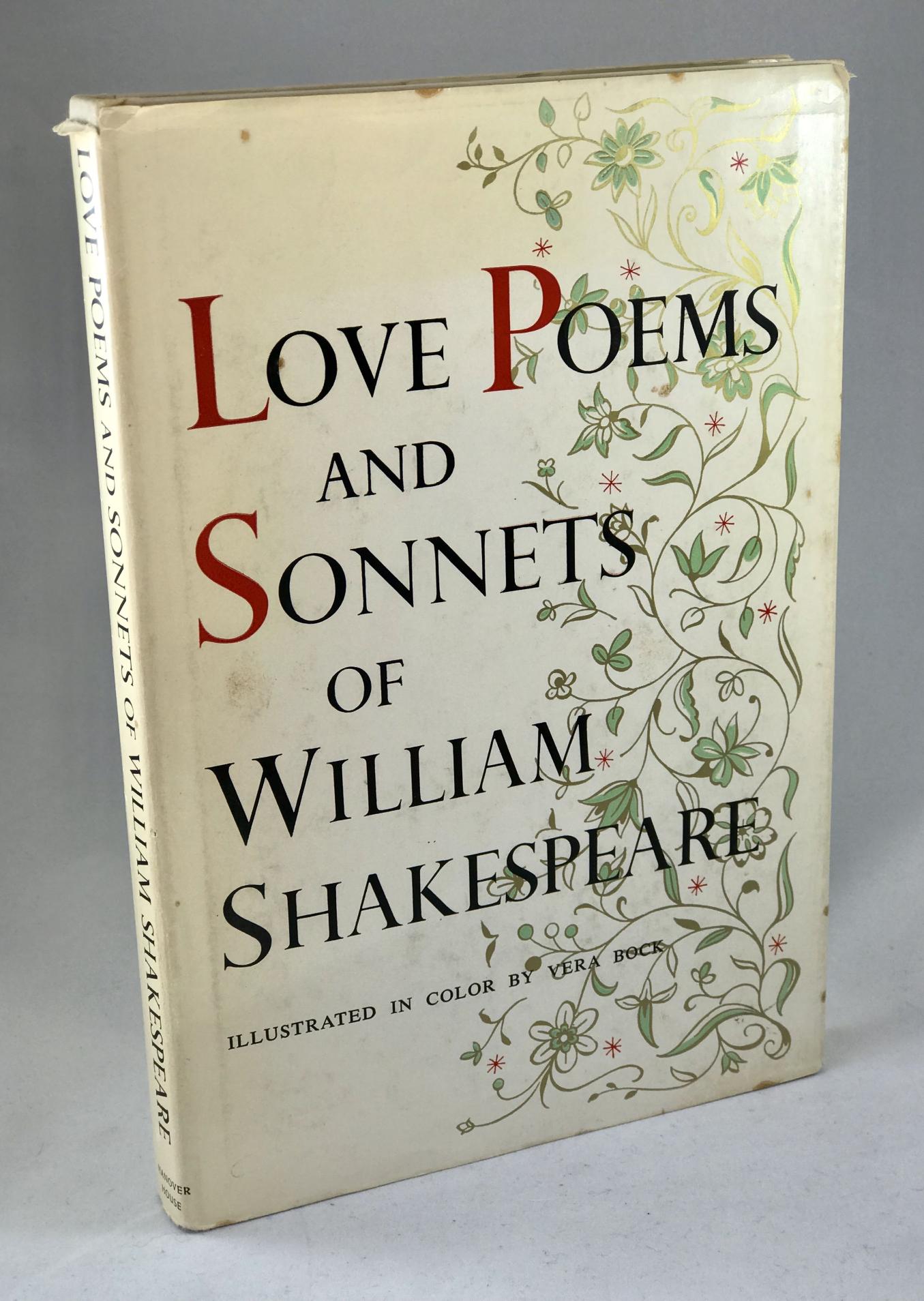How Can Shakespeare's Sonnets Be Used to Teach Students About Poetry and Literature?
Introduction

A. Shakespeare's sonnets are a collection of 154 poems written by William Shakespeare. They are considered some of the most beautiful and insightful poems ever written in the English language.
B. Shakespeare's sonnets are significant in English literature because they explore a wide range of themes, including love, beauty, mortality, time, and change.
C. Thesis statement: Shakespeare's sonnets can be used to teach students about poetry and literature in various ways, including:
- Exploring poetic devices such as figurative language, imagery, and rhyme
- Examining themes and ideas such as love, beauty, and mortality
- Engaging students through close reading, creative writing, and multimedia projects
- Using sonnets as a gateway to broader literary studies
Using Sonnets to Teach Poetic Devices
A. Shakespeare's sonnets are a treasure trove of poetic devices, including:
- Figurative language: Metaphors, similes, personification, and apostrophe
- Imagery and sensory language: Vivid descriptions that appeal to the senses
- Rhyme and rhythm: Iambic pentameter and various rhyme schemes
- Structure and form: Sonnets have a specific structure and form, including 14 lines and a specific rhyme scheme

B. By analyzing these poetic devices, students can learn how poets create meaning and beauty in their work.
Exploring Themes and Ideas in Sonnets

A. Shakespeare's sonnets explore a wide range of themes, including:
- Love and relationships: The joys and sorrows of love, the nature of desire, and the complexities of human relationships
- Beauty and mortality: The fleeting nature of beauty and the inevitability of death
- Time and change: The passage of time and the changes it brings
- Art and poetry: The power of art and poetry to capture and express human experience
- Identity and self-expression: The search for identity and the expression of one's true self
B. By exploring these themes, students can gain a deeper understanding of the human condition and the ways in which literature can reflect and illuminate our lives.
Engaging Students through Sonnets
A. There are many ways to engage students with Shakespeare's sonnets, including:
- Close reading and analysis: Students can read and analyze individual sonnets, paying close attention to the language, imagery, and themes
- Comparing and contrasting different sonnets: Students can compare and contrast different sonnets on the same theme or by the same poet
- Creative writing activities: Students can write their own sonnets on various topics or adapt sonnets into other forms, such as short stories or plays
- Multimedia projects: Students can create digital presentations on sonnets or record audio or video performances of sonnets
B. These activities can help students to develop their critical thinking skills, their creativity, and their appreciation for poetry.
Sonnets as a Gateway to Broader Literary Studies
A. Shakespeare's sonnets can be used as a gateway to broader literary studies because they:
- Are a microcosm of poetry: Sonnets contain many of the same elements found in other types of poetry, such as figurative language, imagery, and rhyme
- Provide a starting point for exploring other genres and periods of literature: Sonnets can be compared and contrasted with other types of poems, such as odes, elegies, and ballads, and with works from different periods of literature
- Are a tool for developing critical thinking and analytical skills: Analyzing sonnets can help students to develop their critical thinking skills and their ability to analyze literary texts
B. By studying Shakespeare's sonnets, students can gain a deeper understanding of poetry and literature and develop the skills they need to appreciate and analyze literary works.
Conclusion
A. Shakespeare's sonnets are a valuable resource for teaching students about poetry and literature.
B. They can be used to teach students about poetic devices, themes and ideas, and critical thinking and analytical skills.
C. Shakespeare's sonnets can also be used as a gateway to broader literary studies.
D. By studying Shakespeare's sonnets, students can gain a deeper understanding of poetry and literature and develop the skills they need to appreciate and analyze literary works.
YesNo

Leave a Reply